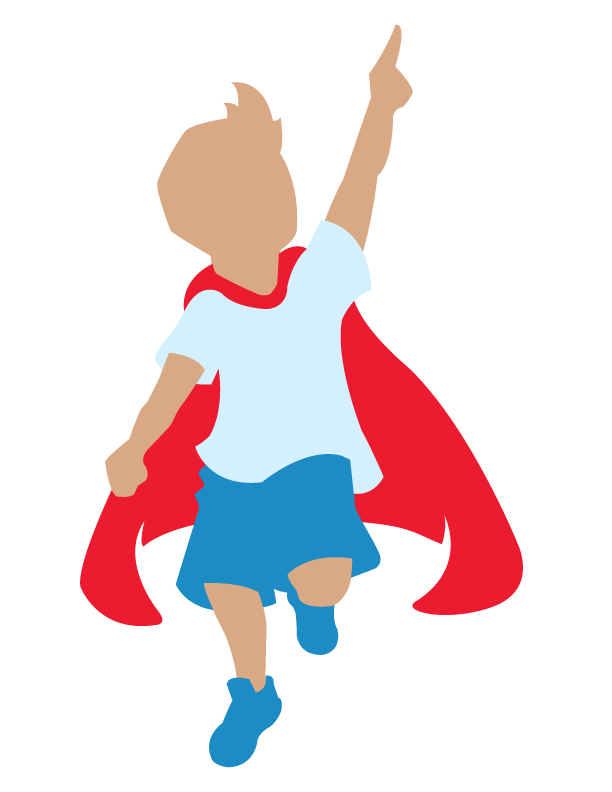Honoring Native American Heritage
We pause now to celebrate and honor Indigenous peoples, specifically the Coast Salish people who have called this area home since time immemorial.
We are also reminded of unfortunate truths. Racism is the oldest problem in foster care. Native American children are 2.9 times more likely to be removed from their homes and placed in foster care.
That isn’t right. But what can we do about this? None of us—foster parents, volunteers, or private agencies—make decisions about which children are removed from their families or which children in foster care return to their families and when. But we do have a lot of influence on the experience of children and their families.
There are three things that we emphasize in order to reverse the racial disproportionality of foster care:
Become an enthusiastic supporter of visitation (family time)
Build supportive relationships with birth families
Nurture a child’s connection to their culture
This is a big, hard problem and a lot of smart, principled people have been trying to solve it for a very long time. We are a ten-year-old agency and certainly under no illusion that we can succeed where so many others have not. But we must try. That’s what anti-racism means to us: acknowledging the historic and structural facts that are leading to poor outcomes, staring long and hard at those uncomfortable truths, and doing our very best to make the future look better—especially for indigenous kids—than it has in the past.
It’s not enough, and we can’t do it alone, but it’s where we start.


